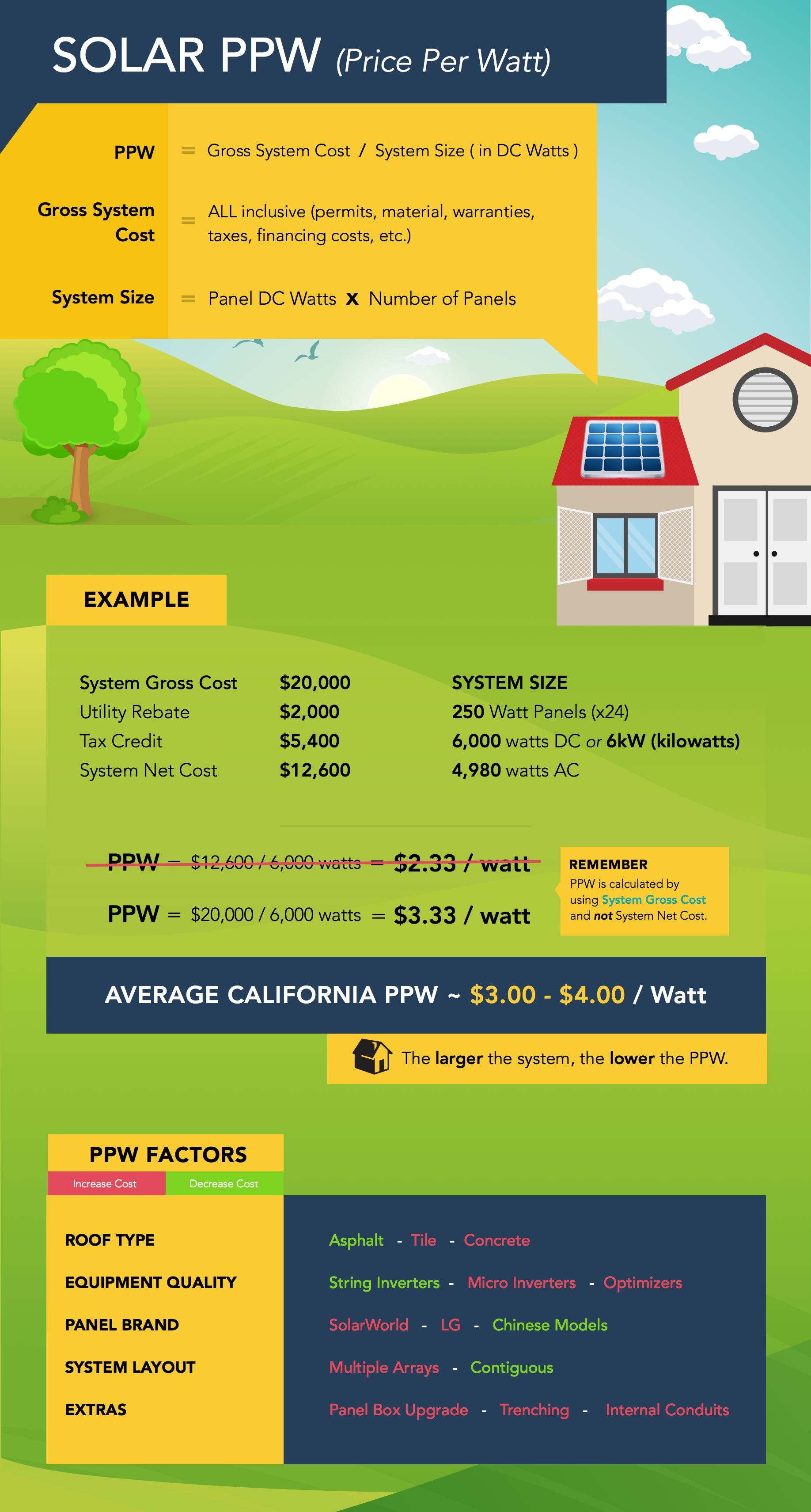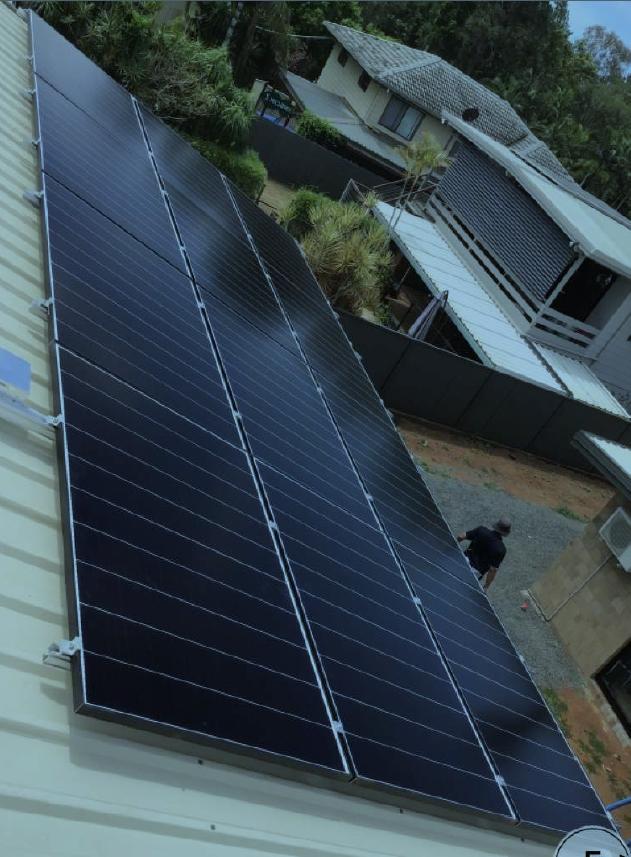
It is important to be informed about all regulations and incentives available to Nevadans who are thinking of going solar. Nevada offers a state-run rebate program. This can either give you a lump sum or a percentage of your installed cost. You will need to fill out some paperwork in order to get the rebate, but many solar installers will handle this for you. Make sure you hire a solar installer who is experienced in these matters.
Net metering
Net metering, in Nevada, is the process by which clean electricity generated from solar systems is transferred to your utility company and credited on your electric bill. The net metering program has been in existence since 1997. Home and business owners can store excess electricity for later usage or send it back at the utility for credit. This program can help you save thousands of dollars and offset most of the electric bill if there is enough solar power.
Nevada law requires net metering. Your local utility company should offer it. This compensation is at least 75 percent of the retail rate. It decreases as more people install solar. The payback time for solar installation in Nevada can take up to 16 years. However, the rate will decrease as more customers go solar.
Community-based Solar Projects
Nevada's community-based projects for solar energy are promising. The average cost to install solar panels onto a roof costs between $10,000 and $15,000. The cost of installing solar panels on a roof in Nevada is currently between $10,000 and $15,000. This is especially true for low-income residents who often rent and don't have the space to install solar panels. So the state is investigating incentives to make it more affordable.

One such project is a 15-megawatt project by the Valley Electric Association in Pahrump. Members of the cooperative will be able to benefit from this project at no additional cost. It will be operational by July 2016. MDU Resources Group is Nevada's company responsible for the long-haul power buy agreement. VEA has partnered with MDU Resources Group. Members of VEA will be able to use this renewable energy for their homes and businesses at a price far below the average price charged by traditional electric companies.
Tax credits
Nevada offers tax credits for solar energy and other renewable energies. The best place to find out about these credits is DSIRE. This website is managed by N.C. Clean Energy Technology Center, N.C State University. It is a great resource. The state also offers a program that allows you to sell back excess power to your utility.
The state has a strong Renewable Portfolio Standard (RPS), which mandates utilities to produce more renewable electricity. They must also purchase renewable energy from customers. Many utilities offer solar incentives, solar carve outs and other ways to meet their obligations.
Legality
Nevada recently made solar power legal by passing legislation. Homeowners with rooftop solar systems are allowed to sell excess electricity to the utility under the new law. The current rate is 95% of retail. However, prices will drop as more rooftop PV systems are installed. In addition, homeowners will be protected by the new legislation. The net metering rate, for example, will be guaranteed for twenty years.
But net metering has its drawbacks. Utility companies don't like net metering. This allows solar customers to sell excess electricity at retail rates to the utility. Because some of the money utilities collect goes to maintaining the electric grid. The state's utilities claim that solar customers don’t have to pay their fair share.

Costs
For those who do not have the cash upfront to buy solar panels, but still want to make long-term savings, Nevada offers a solar lease. A Nevada solar lease typically pays back in eight to 14 years. This payback period is calculated with a simple payback formula. It divides power costs by annual electricity production. It takes 1 year of electricity savings before the cost of power at today’s prices equals. This is why it's so important to carefully calculate the costs for solar leasing in Nevada.
Federal Investment Tax Credit is a tax credit that can be used to offset the costs of installing solar panel systems. The credit is worth up to 30% of the cost of solar panels, but only if you install a 10-kW system. NV Energy's Renewable Generations Rebate Program will help lower your cost for residential solar installations under 25 kW. When you install a solar panels system, you can receive up to $13,500 worth of rebates.